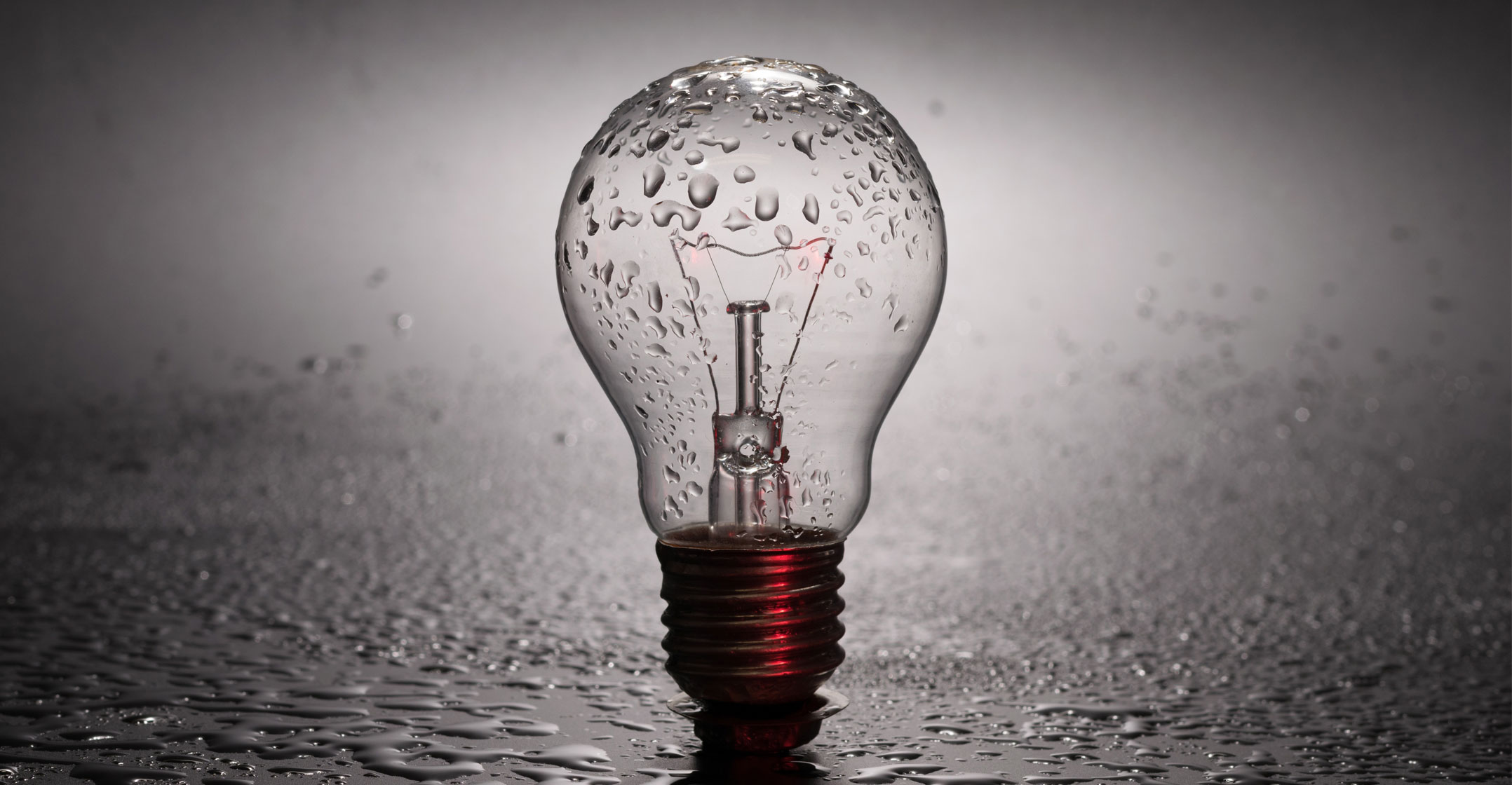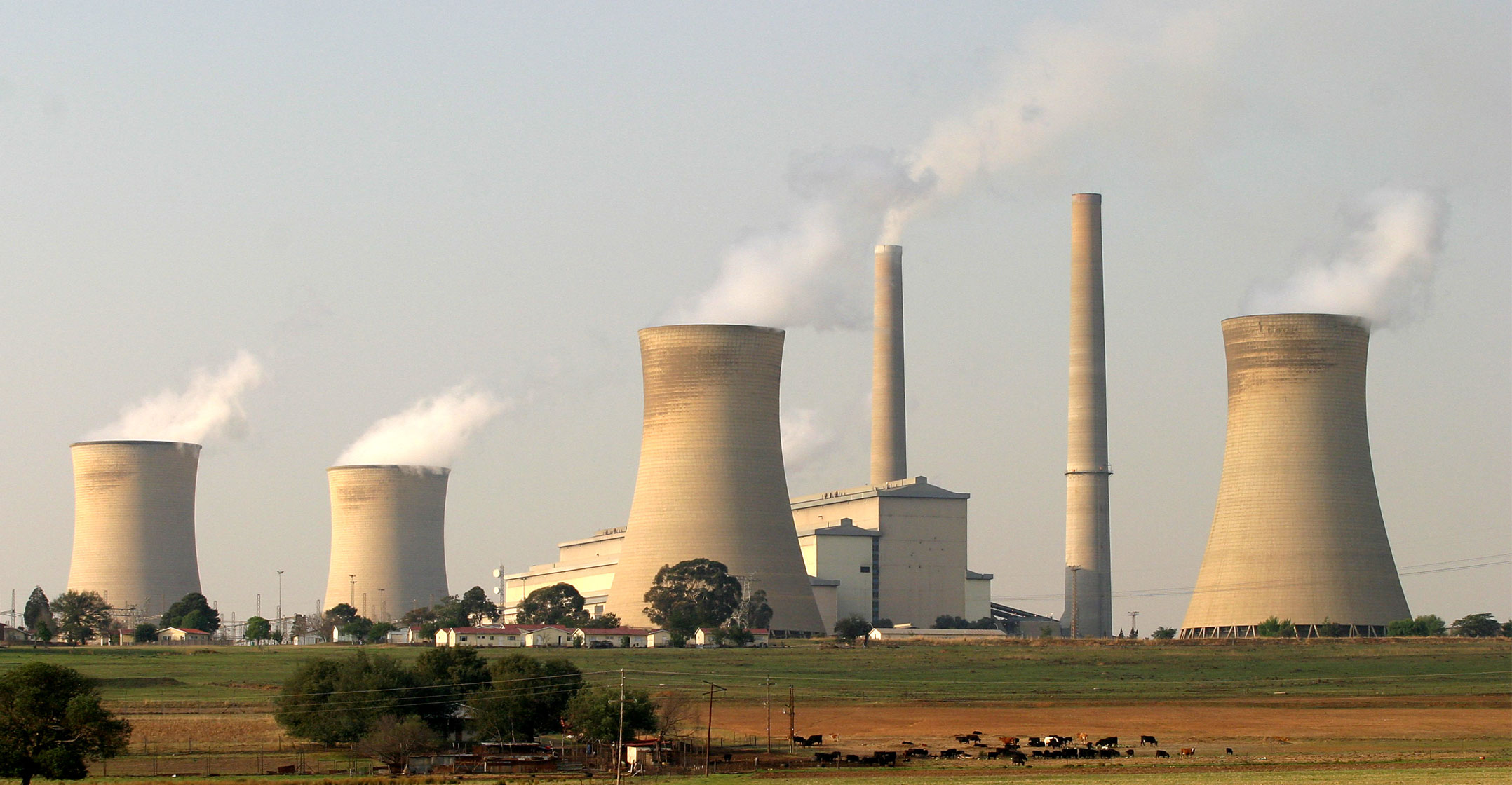 The Democratic Alliance announced on Monday that it will revive legislation to break Eskom’s monopoly on the generation and transmission of electricity by introducing a private member’s bill.
The Democratic Alliance announced on Monday that it will revive legislation to break Eskom’s monopoly on the generation and transmission of electricity by introducing a private member’s bill.
The proposed bill will provide for the establishment of an independent system and market operator (Ismo) owned by the state that will buy electricity from electricity generators, including Eskom.
“The operator will function as a wholesaler of electricity that sells electricity to distributors and customers at a wholesale tariff,” states the DA. “The Ismo will function independently to electricity generation businesses to ensure fairness between generators, encouraging competition and innovation.”
The move will revive a bill first introduced by the minister of energy in 2012 and then withdrawn in 2014.
Eskom spokesman Khulu Phasiwe said in response to the DA’s plans that the concept of an Ismo is government policy and that Eskom supports it.
He added that Eskom is working on a new corporate plan that will look at several options for the future of the utility, including the impact that the removal of the transmission function would have on Eskom.
He said all stakeholders, including the department of energy, would have to be consulted about the restructuring of electricity supply and chart a way forward with regard to existing power purchase agreements.
A crucial element of the DA proposal is that it aims to empower metropolitan municipalities to buy electricity directly from power producers, without going through the Ismo or any other third party.
Court action
Cape Town mayor Patricia de Lille earlier threatened court action to enable the city to bypass Eskom and buy electricity directly from renewable power producers.
Meridian Economics regulatory economist Grové Steyn says there are three elements to the Ismo. The first is ownership and management of the transmission network. He says the original Ismo Bill did not provide for the unbundling of these assets from Eskom.
The second is the market operator that buys electricity from various generators and sells it to distributors and consumers.
 Buyers typically contract in advance for their power requirement per time slot — be it for every hour or half hour of the day.
Buyers typically contract in advance for their power requirement per time slot — be it for every hour or half hour of the day.
At a certain point the bidding closes and the system operator, which represents the third element, schedules its different suppliers according to predetermined rules or priorities, much as it does currently. Real-time demand never exactly matches the prior orders and the system operator has several levers it can use to fill the gaps, at predetermined prices.
Steyn says existing power purchase agreements, including those in early bid rounds of the department of energy’s renewable energy independent power producer procurement (REIPPP) programme that came at a hefty premium, will have to be factored in.
Government bound itself to buying that power at a fixed rate, which is adjusted annually by the inflation rate, for 20 years.
That should not be an insurmountable obstacle and won’t stop the introduction of competition in the electricity sector, says Steyn.
Thembani Bukula, CEO of electricity exchange PowerX and former energy regulator (Nersa) member for electricity, says the Ismo concept is inherent in most deregulated electricity industries.
He says it will enable the different divisions currently situated in Eskom to stand alone with no cross-subsidisation.
Bukula says the transmission business is one of the better functioning parts of Eskom, but is overshadowed by problems in generation.
He adds that the introduction of an Ismo would do away with the current perception that Eskom favours its own generation plants and would lead to greater transparency, which would be conducive to investment.
The unbundling of the transmission network will impact on Eskom’s balance sheet as it represents about 10% of the utility’s assets, Bukula says. He does not think that should be a problem, since Eskom does not currently plan any big capacity expansion that would require a strong balance sheet.
Having to compete with other generators should put pressure on Eskom’s generation business to operate more efficiently, he says.
DA leader Mmusi Maimane says the DA will now refer the bill to parliamentary legal services and issue a call for public comment to be published in the Government Gazette. Thereafter, the Ismo Bill will be tabled in the national assembly.
- This article was originally published on Moneyweb and is used here with permission

